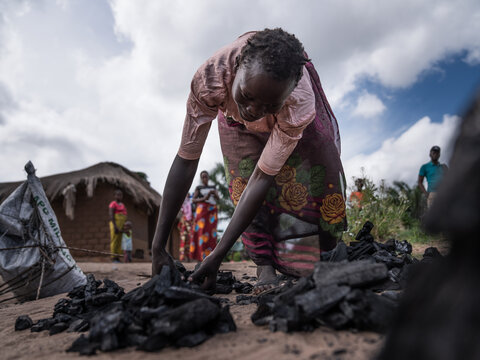The just launched world malaria report 2022 spotlights the growing threat of climate change

The 2023 World malaria report delves into the nexus between climate change and malaria. Changes in temperature, humidity and rainfall can influence the behaviour and survival of the malaria-carrying Anopheles mosquito. Extreme weather events, such as heatwaves and flooding, can also directly impact transmission and disease burden. SMC and climate are closely linked and managing climate changes will certainly have to be considered in the optimization of SMC.
Despite strides in expanding access to insecticide-treated nets and medicines to help prevent malaria in young children and pregnant women, more people were getting sick with malaria, according to a new report published by the World Health Organization (WHO).
In 2022, there were estimated 249 million malaria cases globally, exceeding the pre-pandemic level of 233 million in 2019 by 16 million cases. In addition to the disruptions caused by COVID-19, the global malaria response has faced a growing number of threats, such as drug and insecticide resistance, humanitarian crises, resource constraints, climate change impacts and delays in programme implementation particularly in countries with a high burden of the disease.
“The changing climate poses a substantial risk to progress against malaria, particularly in vulnerable regions. Sustainable and resilient malaria responses are needed now more than ever, coupled with urgent actions to slow the pace of global warming and reduce its effects,” said Dr Tedros Adhanom Ghebreyesus, WHO Director-General.
Climate variability is expected to have indirect effects on malaria trends through, for example, reduced access to essential malaria services and disruptions to the supply chain of insecticide-treated nets, medicines and vaccines. Population displacement due to climate-induced factors may also lead to increased malaria as individuals without immunity migrate to endemic areas.
Data on the long-term impact of climate change on malaria transmission is sparse. However, the direction and magnitude of any impacts are likely to vary across social and ecological systems, both within and between countries. Read more on this here.